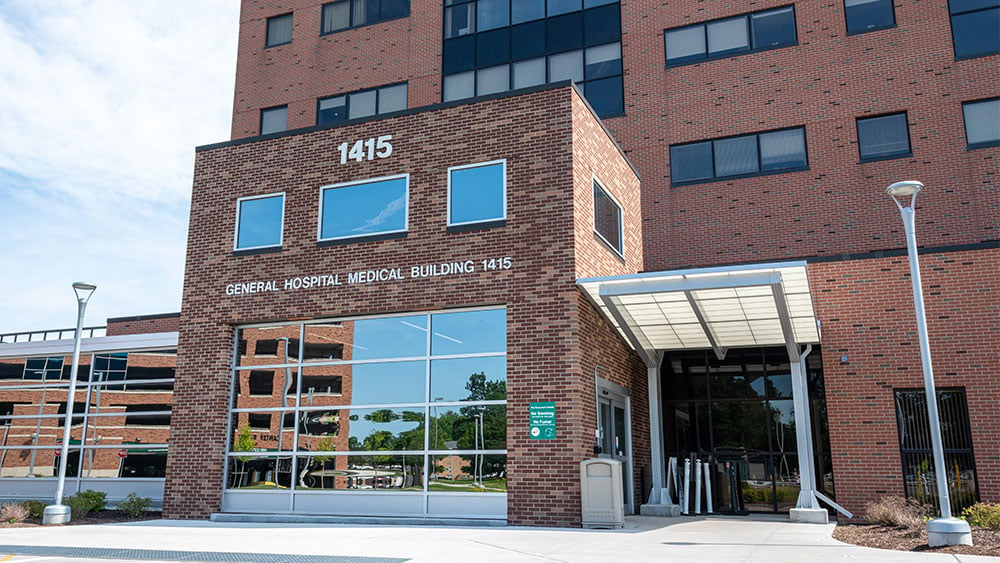A Proactive Approach to Heart Health
Cardiovascular disease is the leading cause of death in the United States and globally. Understanding your genetic predisposition to heart disease can be crucial in taking proactive steps towards prevention and living a long, healthy life.
The Cardiovascular Genetics program at Rochester Regional Health is the first of its kind in upstate New York to offer comprehensive genetic evaluation by a cardiovascular team.
Why Consider Cardiovascular Genetic Evaluation?
Whether there's a history of genetic heart conditions in your family or you've been diagnosed with certain heart conditions, a cardiovascular genetic evaluation can provide vital insights.
If someone in your family has a genetic heart condition or early onset of disease, you should be tested for similar hereditary conditions. Genetic testing is also important if you have no family history of disease but have been diagnosed with certain heart conditions by your primary care team or cardiologist.
What Should I Expect With a Genetic Evaluation?
A cardiovascular genetic evaluation involves analyzing your DNA to identify changes or mutations that might indicate a higher risk of developing certain heart diseases or conditions.
Our Cardiovascular Genetics Program team will work with you through a genetic evaluation process to create a thorough, personalized evaluation of your heart's genetic profile. Understanding these factors shown in your evaluation can empower you and your healthcare professionals to develop personalized prevention and treatment plans.
Preparing for Your Visit
If you have an appointment scheduled with our Comprehensive Cardiovascular Genetics Program, please review your family history in detail and bring this information with you to your visit.
Genetic Evaluation Process
Evaluation by our team typically includes two separate visits which can be conducted in person or via video for any patients residing in the state of New York.
Your first visit involves:
- Taking an extensive family history
- An assessment of genetic risk
- Discussion of testing and potential results
Lab testing and imaging studies may also be ordered if applicable.
Genetic testing is typically done via a blood draw, cheek swab or saliva sample. If genetic testing is pursued, a follow-up visit is scheduled in 4-6 weeks to review the results of the testing and discussion of future risk.
Conditions We Evaluate
Rochester Regional Health's Cardiovascular Genetics Program helps evaluate patients at risk for a wide variety of conditions including:
Cardiomyopathies (Heart Failure)
- Dilated cardiomyopathy
- Hypertrophic cardiomyopathy
- Restrictive cardiomyopathy
- Left ventricular non-compaction cardiomyopathy
- Arrhythmogenic cardiomyopathy
Aortopathies (Aortic Disease)
- Familial thoracic aortic aneurysms
- Early-onset aneurysms and dissections
- Marfan syndrome
- Loeys-Dietz syndrome
- Ehlers-Danlos syndrome
Arrhythmias (Irregular Heartbeat)
- Brugada syndrome
- Familial atrial fibrillation
- Long/short QT syndrome
- Family history of sudden cardiac death
- Other arrhythmias
Familial Hypercholesterolemia (High Cholesterol)
Take Control of Your Heart Health
Understand your genetic risks and the steps you can take to manage your heart health. Reach out to our Cardiovascular Genetics Program team today.


